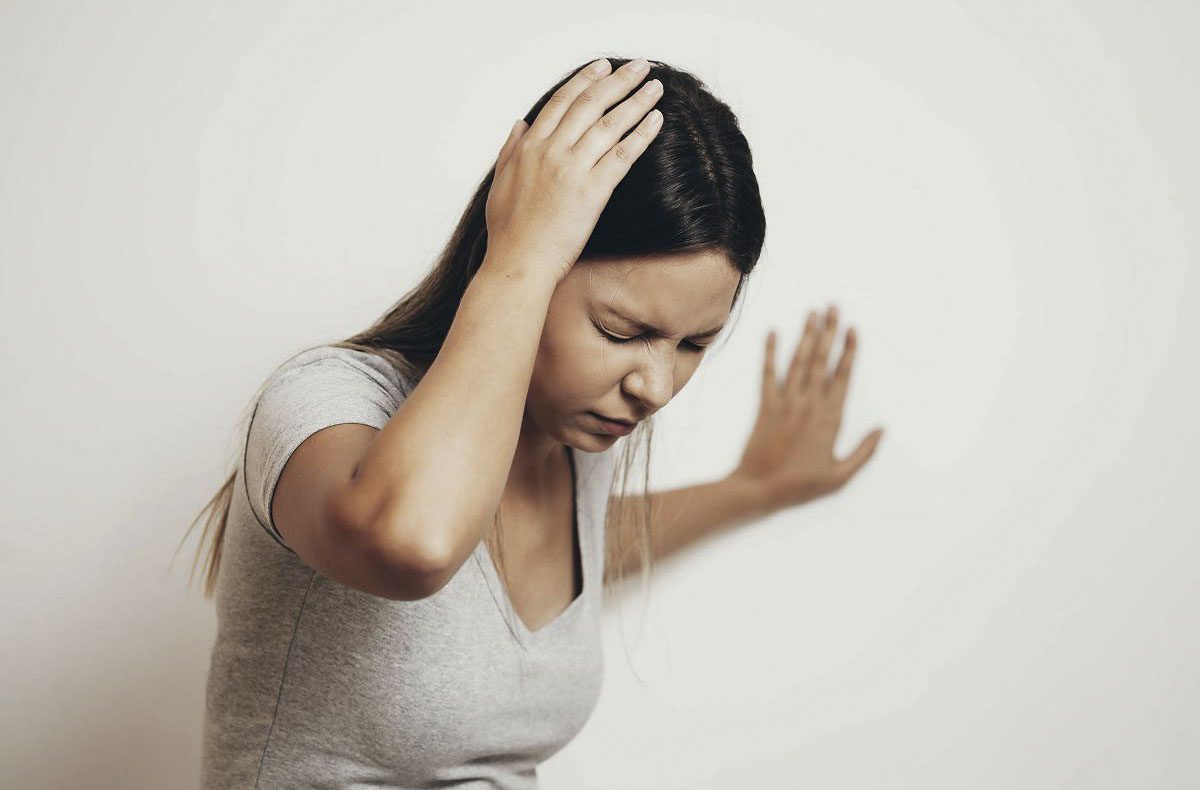BALANCE PROBLEMS

Health balance problems, also known as balance disorders, refer to conditions that affect a person’s ability to maintain proper balance and equilibrium. These disorders can arise from various causes, including inner ear issues, neurological conditions, medications, injuries, or age-related changes in the vestibular system.
Symptoms of balance problems often include dizziness, vertigo (a spinning sensation), unsteadiness, and difficulty walking or standing. These symptoms can lead to falls, reduced mobility, and a decreased quality of life.
Proper diagnosis of the underlying cause is essential for effective management. Medical professionals, including otolaryngologists and neurologists, might conduct thorough evaluations, which could involve physical examinations, balance tests, and imaging studies. Treatment options range from medication and physical therapy to lifestyle adjustments and vestibular rehabilitation exercises.
Addressing balance problems requires a comprehensive approach to enhance coordination, prevent falls, and restore the patient’s sense of stability, ultimately contributing to improved overall well-being and mobility.
